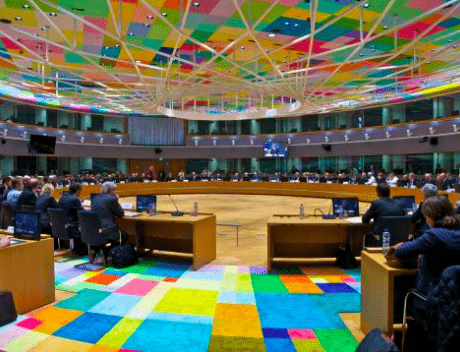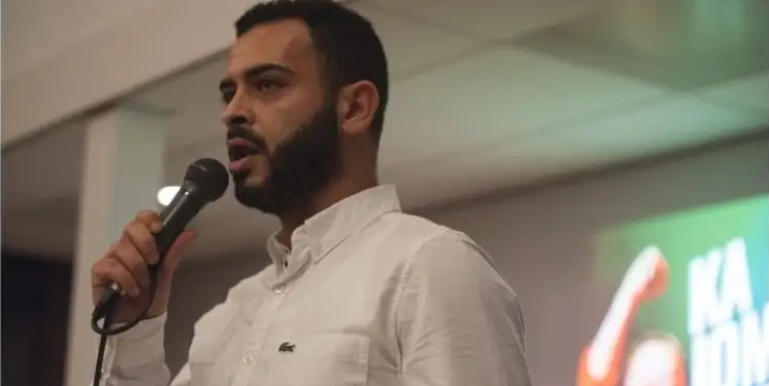“Some Things Simply Should Not Be Traded” writes EU Jewish Head to Munich Auction House Ahead of Nazi Memorabilia Sale.
As Europe marked the 81st anniversary of Kristallnacht, the Chairman of the European Jewish Association Rabbi Menachem Margolin has had to write to a Munich Auction house asking them to cancel the sale of items belonging to infamous Nazis Hess, Goring, Himmler and Hitler himself.
Hermann Historica will be holding an auction on the 20th November that includes a number of pieces for sale from the Nazi leadership including framed photographs, silver dinner services, plates, letters and Jewellery belonging to Goring’s wife.
In his letter to the Auction House, Rabbi Margolin said:
“I am writing to respectfully ask you to withdraw the auction. This is not a legal appeal to you, but very much a moral one. What you are doing is not illegal, but it is wrong.
“I need not remind you of the many millions of lives lost as a result of national socialism, nor of the approximately six million Jewish lives that were lost due to mindless antisemitic hatred. This is history.
“Yet today, across Europe and including Germany (which now has the highest recorded cases in Europe), antisemitism in on the rise, and we believe the sale of such memorabilia has little intrinsic historical value but instead will be bought by those who glorify and seek to justify the actions of the greatest evil to affect Europe. The trade therefore in such items should simply not take place.
“In Israel recently there was a case of a letter written by a child murdered in the holocaust that was put up for sale. This went to court, and the ensuing public pressure resulted in the cancelling of the sale. The message from society was clear and unambiguous: some things simply cannot be traded.
“It is in this spirit of understanding that I ask you again to withdraw the Nazi auction items, again not because of any illegality, but instead to send a message that some things particularly when so metaphorically blood soaked, should not and must not be traded.”
Rabbi Margolin letter:

Some of the items on sale can be viewed here













